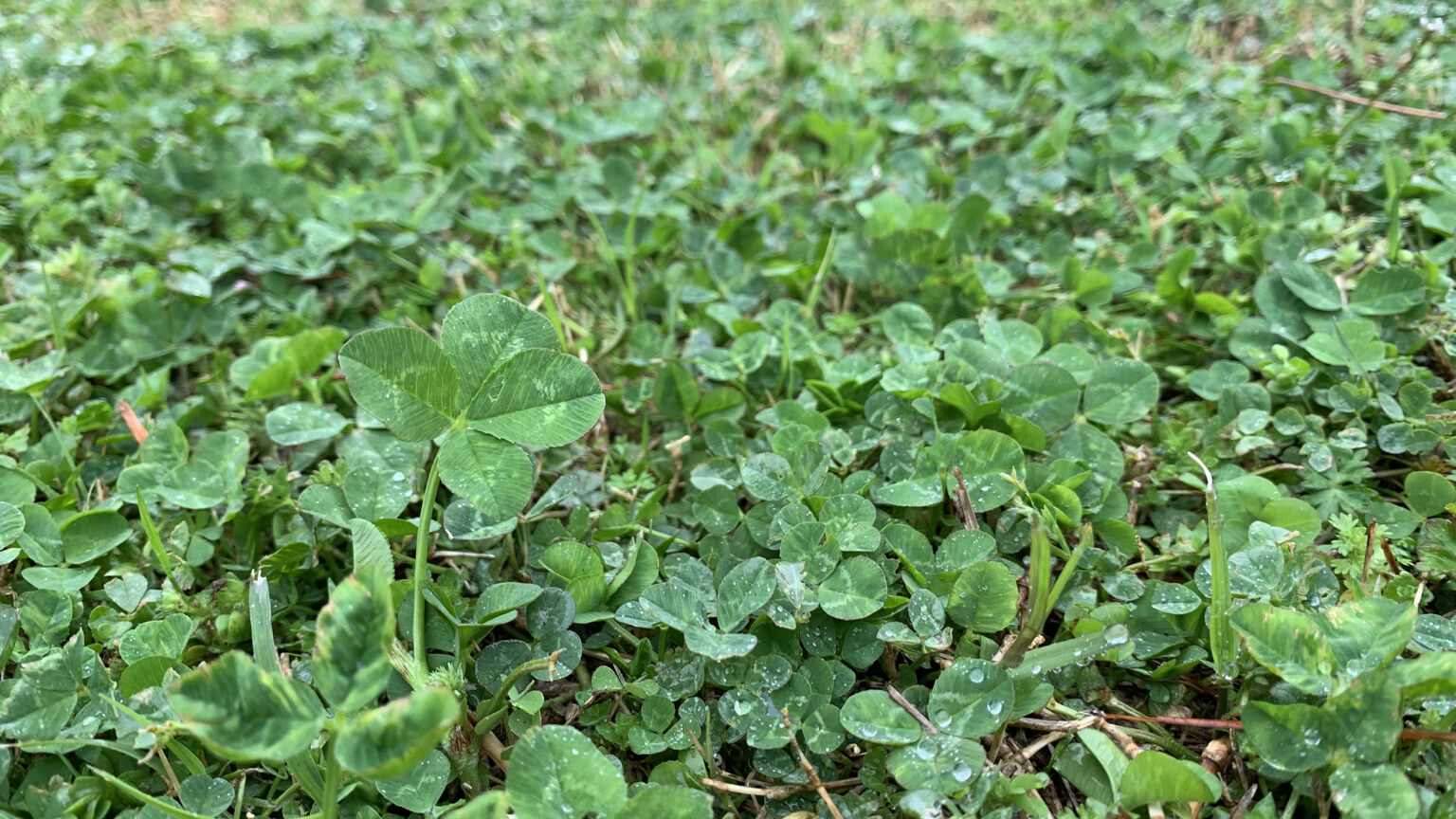 CAES News
CAES News
Lucky Clovers
If you’ve ever scanned a field looking for a lucky four-leaf clover, then perhaps you’ve wondered why they are so rare. It turns out scientists aren’t exactly sure about the mysteries of four-leaf clovers, either.

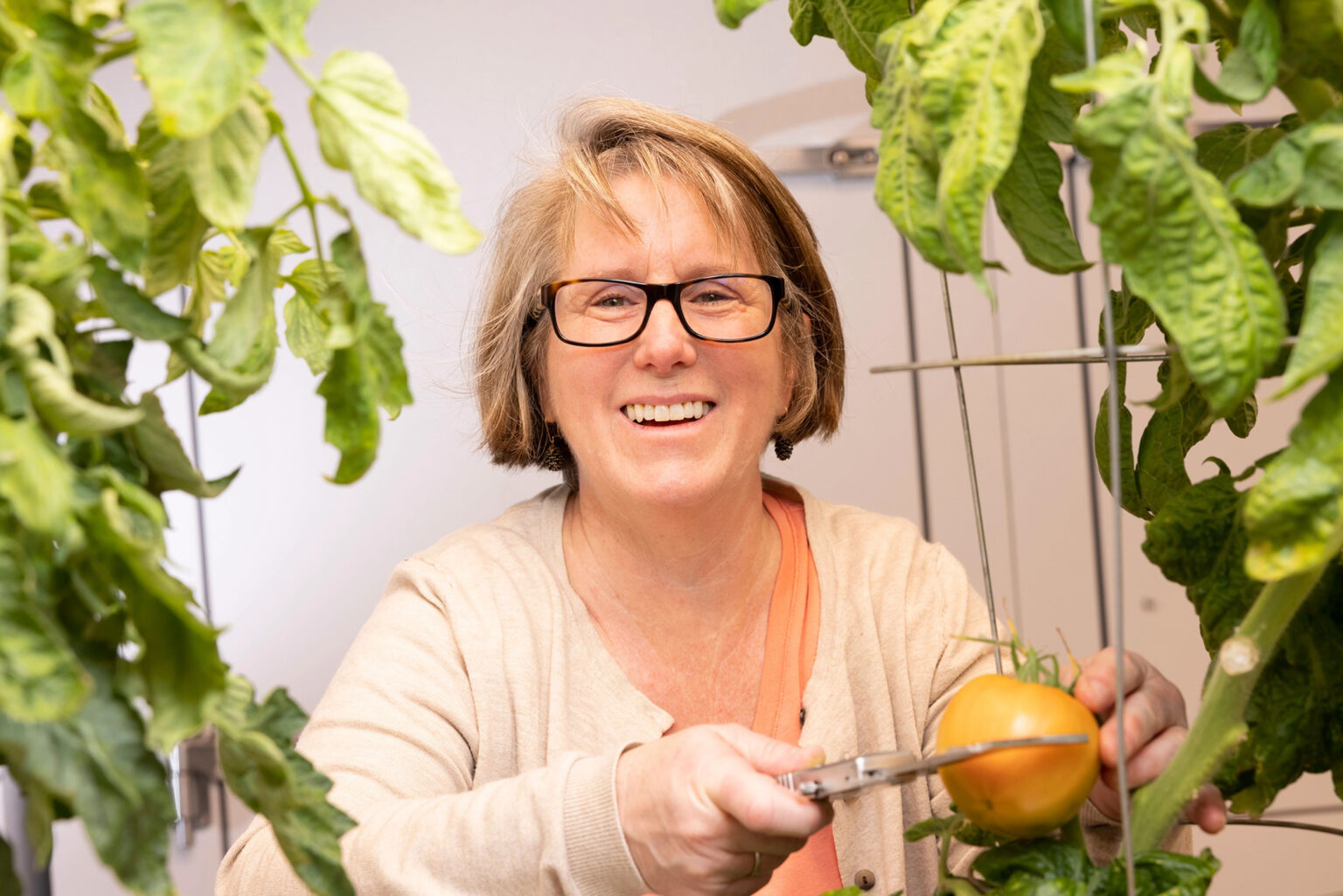
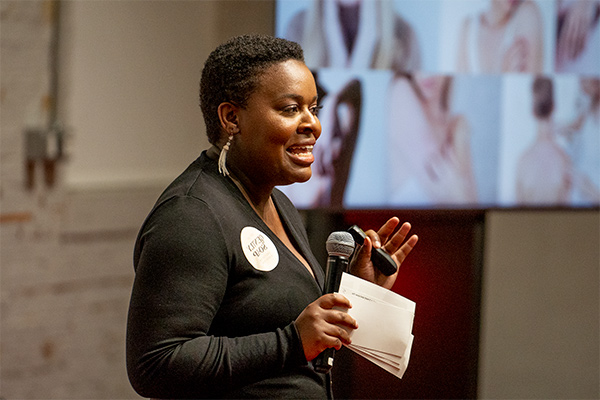
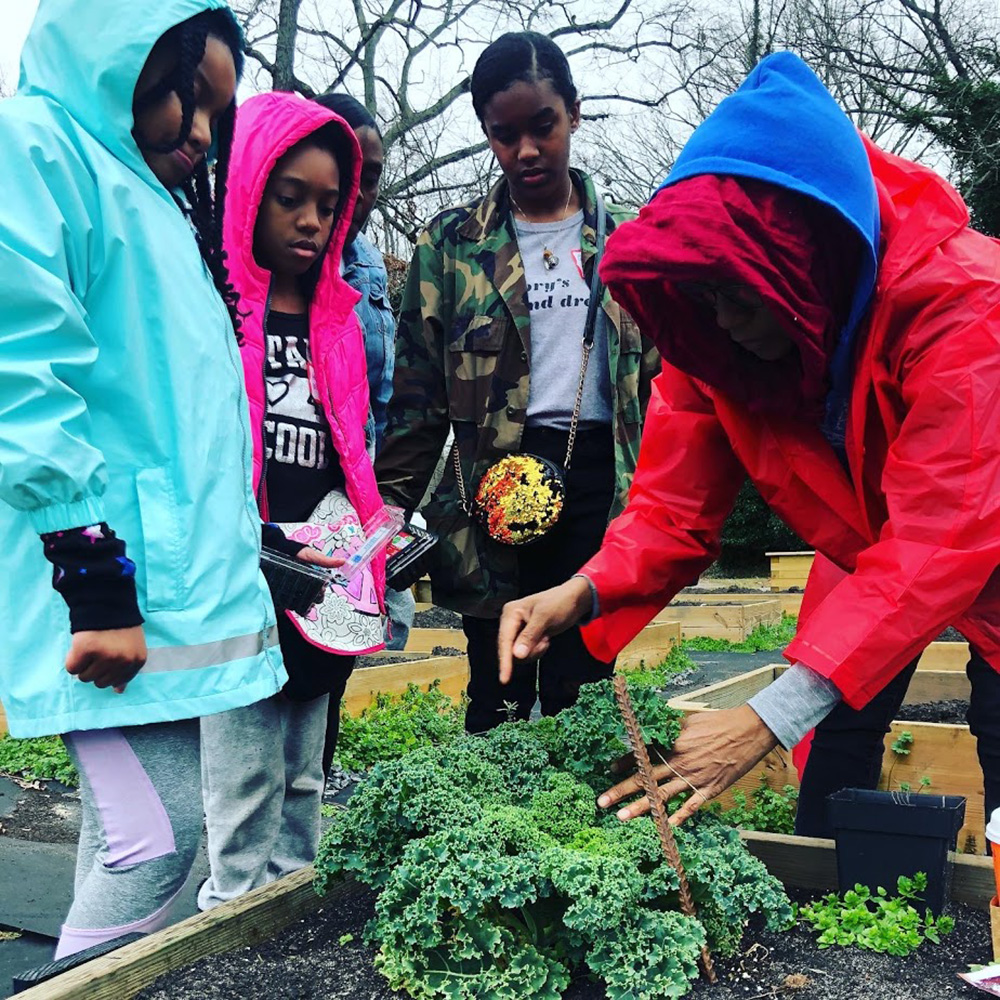
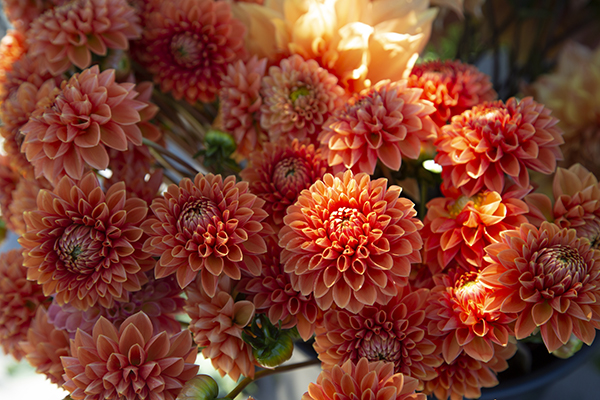
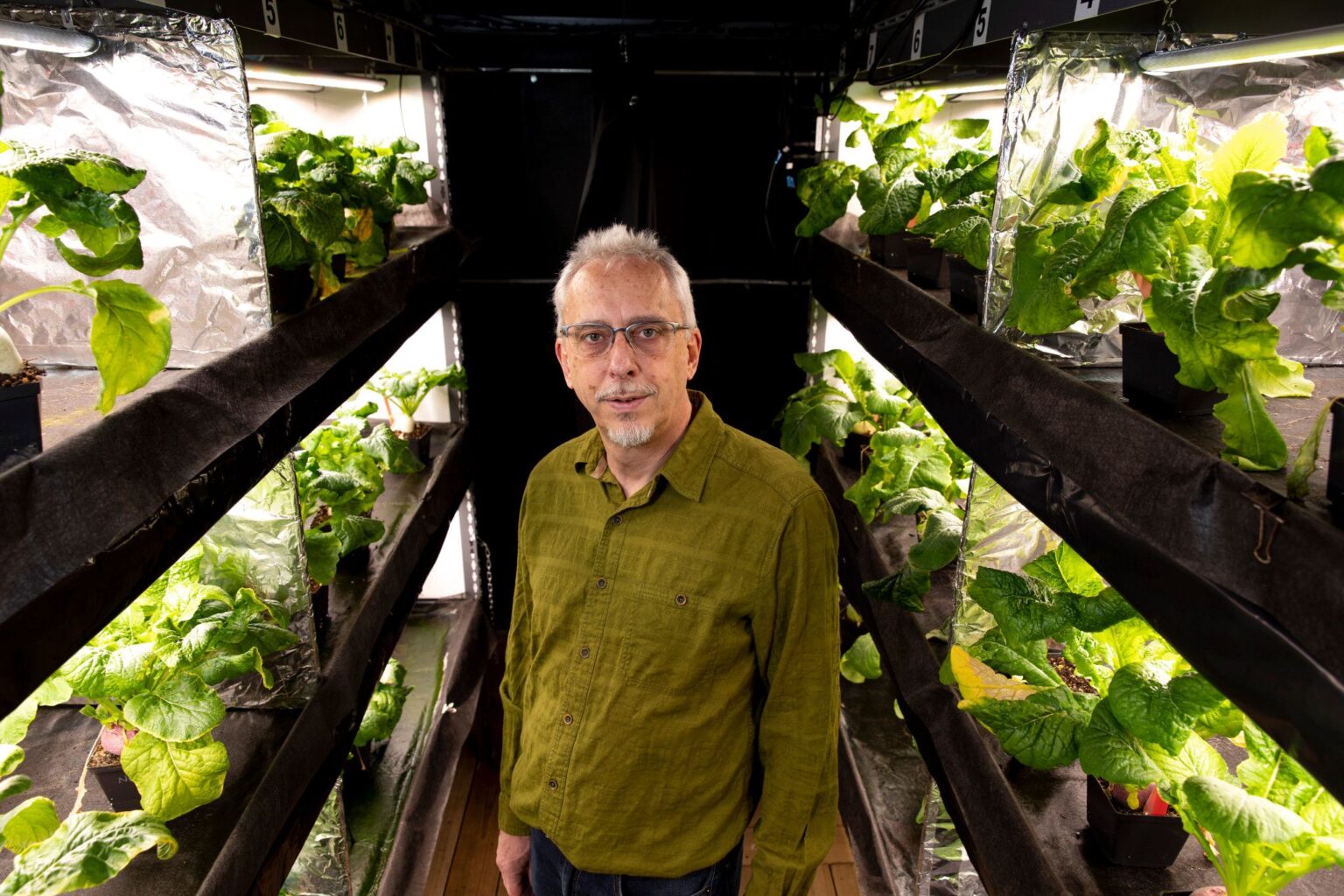

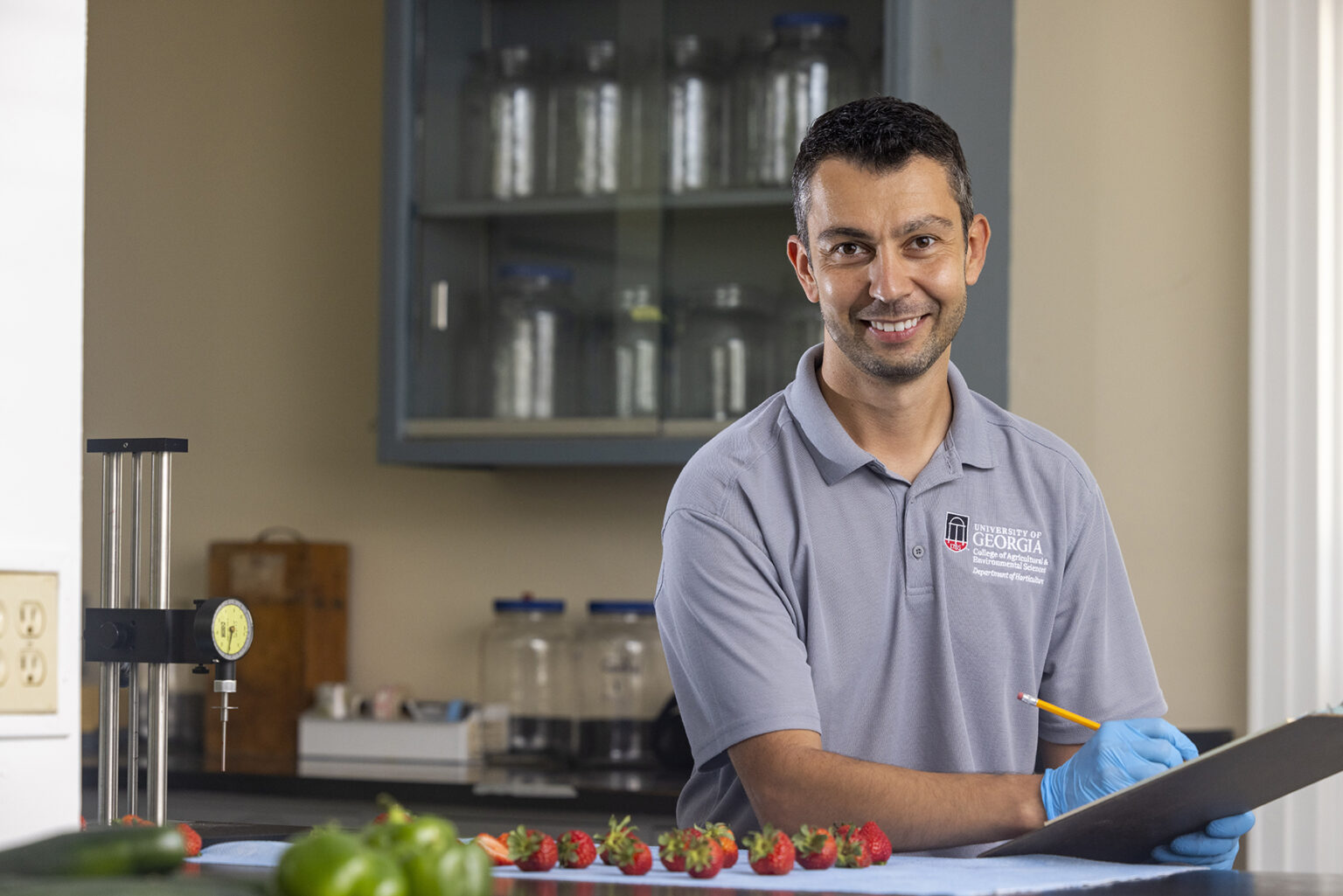
.jpeg)